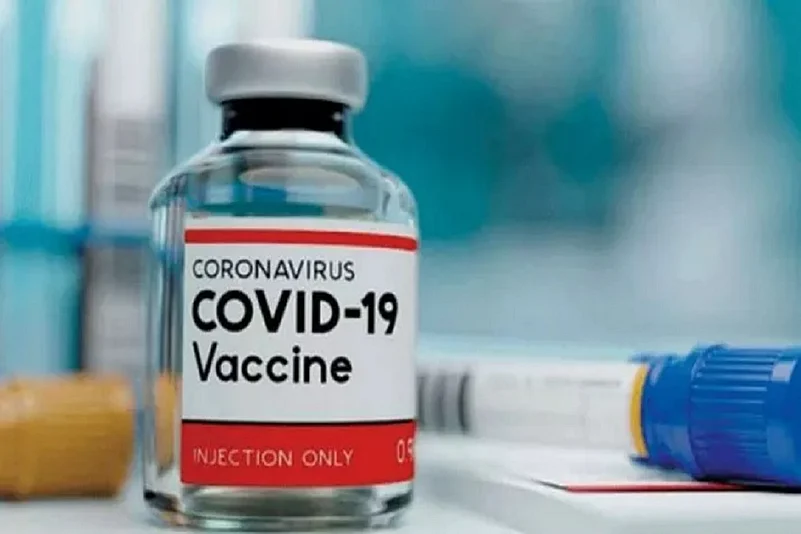Researchers from the University of Oxford and pharmaceutical major AstraZeneca on Tuesday presented a pooled analysis of phase 3 trials of their vaccine against Covid-19 across two different dose regimens, which showed that the vaccine is safe and has an average efficacy of 70.4 per cent.
The university said the new study published in the Lancet medical journal is the first peer-reviewed publication of phase 3 data from studies of a vaccine against the coronavirus.
The paper, assessed by independent scientists, sets out the full results from advanced trials of over 20,000 people. Regulators will be weighing up this same data and are considering the jab for emergency use.
“Today, we have published the interim analysis of the phase 3 trial and show that this new vaccine has a good safety record and efficacy against the coronavirus,” said Professor Andrew Pollard, Director of the Oxford Vaccine Group and Chief Investigator of the Oxford Vaccine Trial.
There are still important questions about what dose would be best, as well as the age group it will protect the most.
When the interim trial results were made public in a press release last month, the researchers reported three efficacy levels for the vaccine -- overall effectiveness of 70 per cent, a lower one of 62 per cent and a high of 90 per cent -- due to different doses of the vaccine being mistakenly used in one part of the trial.
Tuesday’s ''Lancet'' report reveals 1,367 people -- out of many thousands in the trial -- received the half dose followed by a full dose, which gave them 90 per cent protection against getting ill with Covid-19. The relatively small numbers mean it is hard to draw firm conclusions.
"We have known for many years that adenoviral vectored vaccines fulfil the requirements for use against outbreak or pandemic diseases. They are safe, highly immunogenic, can be manufactured in large quantities at low cost and do not require frozen storage," said Sarah Gilbert, Professor of Vaccinology at the University of Oxford.
"Following the demonstration of vaccine efficacy in many preclinical studies, we now have clear evidence of efficacy in the trial results presented in a peer-reviewed publication today. Now under regulatory review, we hope that this vaccine will shortly be in use to start saving lives,” she said.
The researchers also investigated the potential for the vaccine to prevent asymptomatic disease, through the use of weekly swabbing by UK trial volunteers.
This data indicates that the low dose/standard-dose vaccine may provide protection against asymptomatic infection, but stress that the data is at an early phase, with too high a level of uncertainty to be certain that this vaccine will protect against asymptomatic infection.
Pascal Soriot, Chief Executive Officer of AstraZeneca, said, ''Today’s peer-reviewed publication enables a full disclosure of the Oxford programme interim analysis. The results show that the vaccine is effective against Covid-19, with in particular no severe infections and no hospitalisations in the vaccine group, as well as safe and well-tolerated.
"We have begun submitting data to regulatory authorities around the world for early approval and our global supply chains are up and running, ready to quickly begin delivering hundreds of millions of doses on a global scale at no profit."
In terms of safety, there was one severe adverse event potentially related to the vaccine and another one -- a high temperature -- that is still being investigated. Both these participants are recovering and are still in the trial.
The UK's independent regulator, the Medicines and Healthcare products Regulatory Agency (MHRA), has been tasked by the government to assess all this data to decide if the jab can be cleared for rollout as protection against Covid-19.
The latest results come on so-called V-Day, or Vaccine Day, in the UK when the first set of people in the high-risk groups received the first of two doses of the Pfizer/BioNTech vaccine against the deadly virus.















